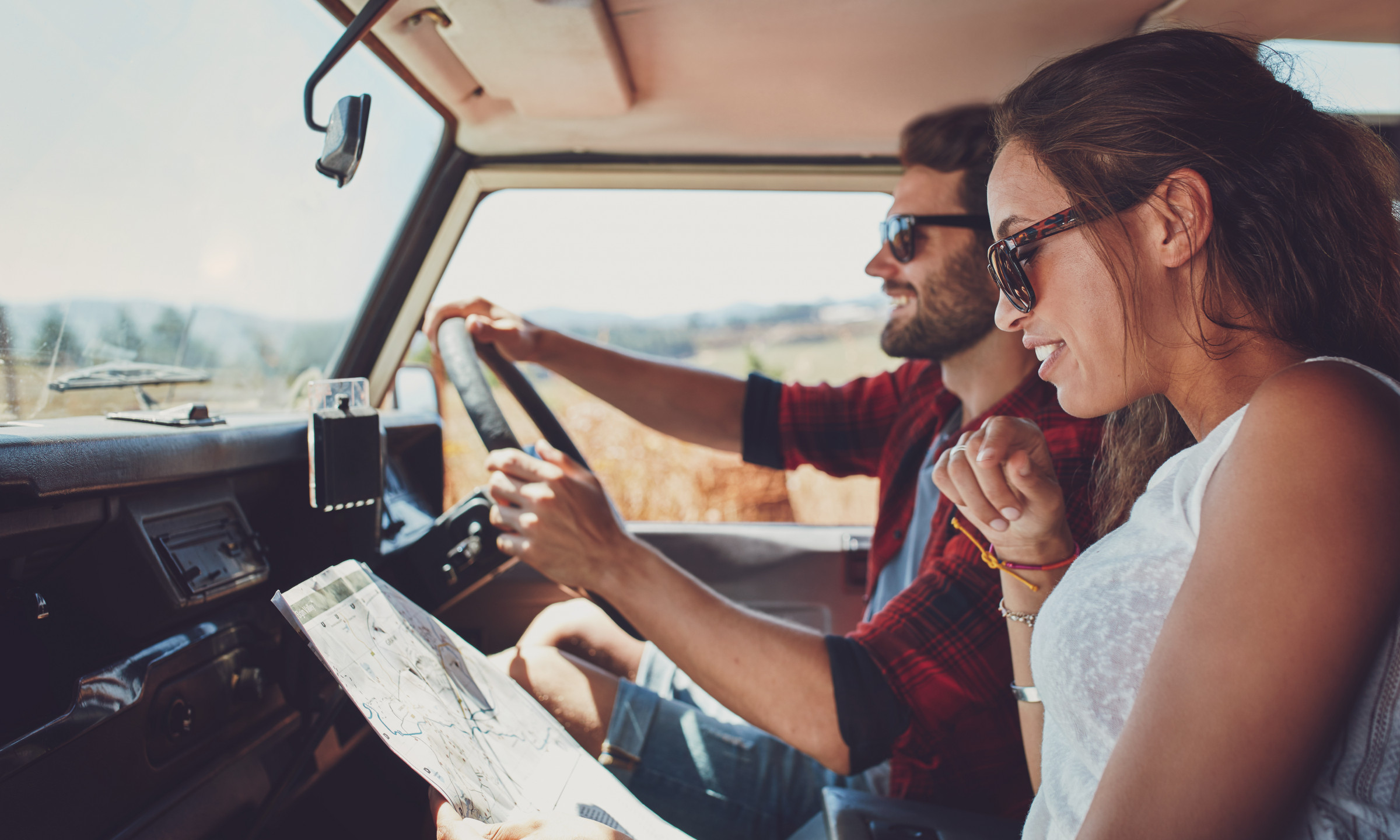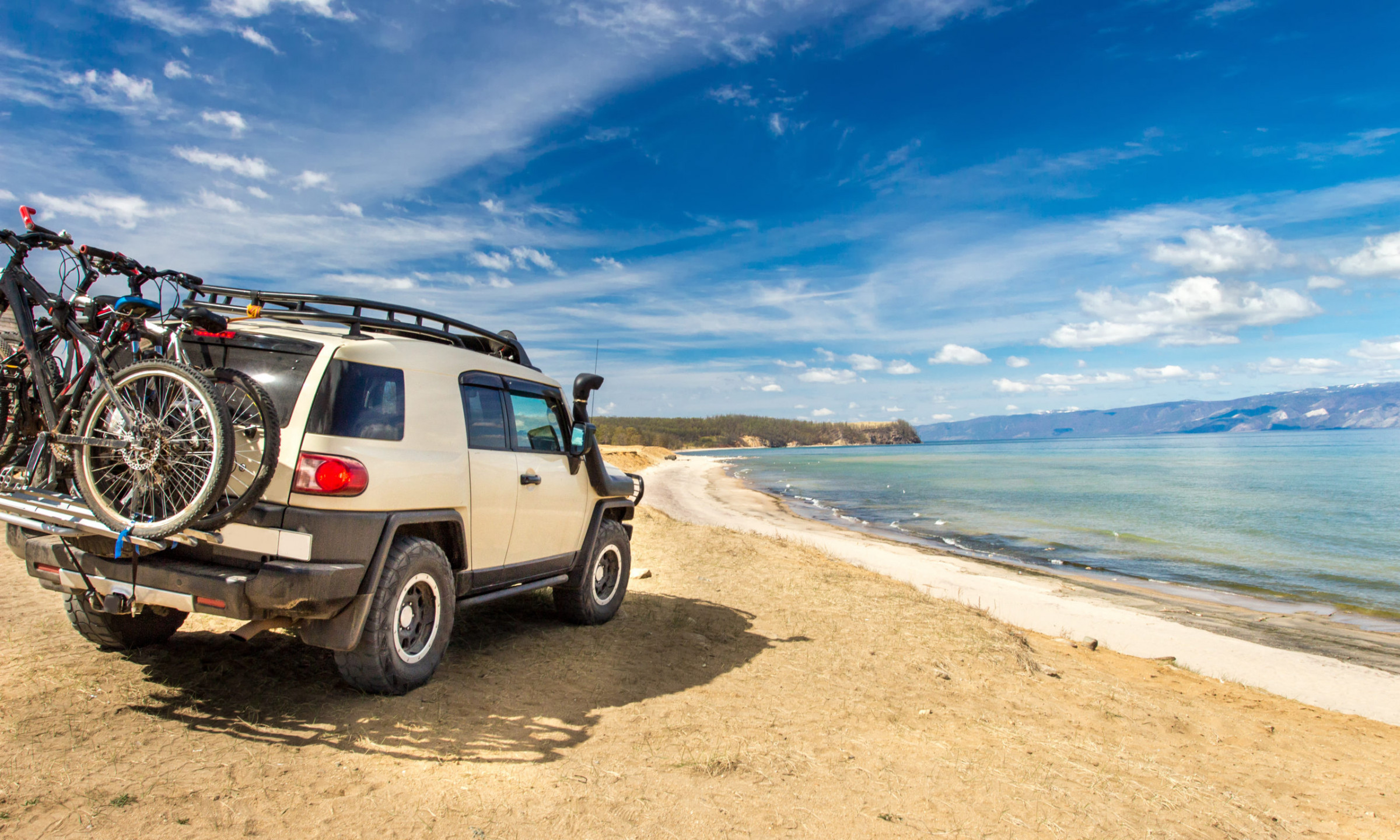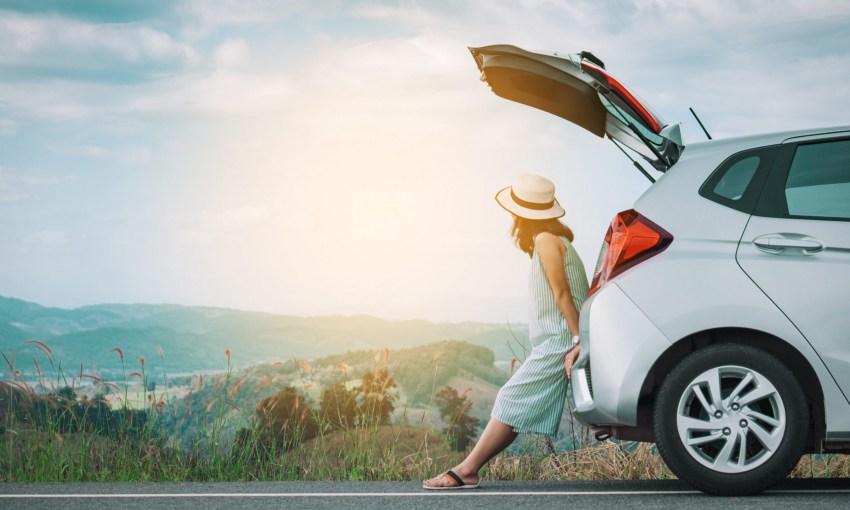With a full 12 months of restricted socialising behind us, you might now be sitting on a stack of saved up cash. Here are six things to considering if you're about to spend your bundle on a new car.
Top tips for first-time car owners
For all the well-documented downsides of the last 12 months, there has been one thin sliver of silver lining: all that unspent beer and pizza money sitting in your bank account.
This article was produced in collaboration with Savvy Finance.
Bill Tsouvalas from Savvy has been in the automotive finance space for over ten years.
Savvy also does the leg-work for customers seeking finance in a range of other areas including leisure, commercial, home, and personal.
With international travel still a dicey option, many Australians are taking their COVID bounty and taking intra- and interstate road trips to cure their wanderlust.
This means many Australians are finding they’re not prepared to spend untold hours within the confines of their road-weary 10-year-old Cruze, Camry or Focus. Purchasing something cleaner, quieter and more efficient is a must.
A similar reckoning is happening amongst Australian commuters, who moved away from public transport in the depths of the pandemic. An Infrastructure Australia study released last year found second-hand car sales rose as more people opted to drive rather than take public transport.
Whatever the reason you’re considering a new car purchase, there are some things worth considering before splurging.
Practice budgeting
While multiple lockdowns may have led to multiple online-streaming subscriptions, you might have to cancel a couple if you’re looking to make a big purchase (just get in your fill of bingeing beforehand).

Bill Tsouvalas
Founder and CEO of Savvy Bill Tsouvalas advises that before buying a car, you should set up your budget as if you’re already paying for a car loan.
“You can jump on online car loan calculators to determine what it will approximately cost you for a car loan,” Bill says.
“Build that into your budget and run it for three to six months prior to buying the car, so when you do buy the car, it doesn’t come as a shock to your monthly expenditure.”
Before jumping to buy the first car you see, be sure to look for any hidden, but compulsory, fees.
Consider on-road costs
On-road costs cover stamp-duty, registration, and dealer fees, and Bill says these fees should always be included when you’re presented with the overall cost of a car.
“When you’re getting quotations for prices, make sure the dealer is quoting you the price inclusive of those on-road coasts,” he explains.
“One dealer might quote 20,000, but it doesn’t include on-road costs, and dealer number two will quote 22,000.”
“[You might] go with the 20,000, then you sign the contract to find out with on-road costs it’s actually 23,500.”
In South Australia, the rates of stamp duty for private vehicles are based on the value of the car, registration fee rates vary between country and metropolitan areas and types of car, and dealer fees vary as well.
To help you navigate these fees, it might be a good idea to get some outside help.

Find a trusted third-party
Engaging a qualified and trustworthy broker can often simplify getting a car loan.
Finance brokerages such as Savvy act as intermediaries between consumers and lenders, simplifying the loan process.
“When [buyers] deal with a broker like Savvy, we have accreditations and relationships with over 20 lenders,” Bill says.
“We’ll select the best financier for [buyers]… We do all the legwork.”
To improve chances on a car loan approval, Bill says lenders look at if you have stable employment and residential status, up-to-date debt repayments, and a good credit rating.
If you can’t afford to take out a larger loan, don’t be afraid to look beyond the shiny new cars at the front of the dealerships.
Second-hand doesn’t always mean second-best
According to the 2019/20 Used Car Safety Rating Buyer’s Guide produced by Monash Accident Research Centre, 4 in 5 South Australian car buyers purchased used cars.
Just as in thrifting, hand-me-down cars can have some benefits.
“Used cars still provide great value because you don’t have the depreciation drop, which takes place in the first two to three years when you buy a new vehicle,” Bill says.
“So long as the used car is under 50,000 kilometres, you probably don’t have to worry about mechanical repairs for quite some time.”
That being said, make sure any car you’re considering can keep up with your daily grind.
Fit for purpose
With so many options out there, always consider your family and lifestyle situation when choosing a car.
“You’ve got to buy a car that’s fit for purpose,” Bill says.
“It’s important to understand what you’re going to be using the car for and then base your decision on what the purpose is.”
So, if you have a large family who loves a cheeky trip to the coast every long-weekend, an SUV would probably suit. If you have cash to throw around, and don’t mind speed-bump induced damage to the undercarriage, a sports car could be great.
Whether you’re considering hatchbacks or utes, there are usually environmentally friendly options available as well.

Go green
Although the Australian Government has released a plan to reduce carbon emissions from Australia’s road transport sector, it somehow doesn’t include consumer incentives to encourage electric vehicle purchases.
So, we’ll help the government out and tell you to make sure to check out eco-friendly options when car-shopping.
There are some good electric options on the market, and 6,900 electric cars were sold in Australia 2020.
The 2020 South Australian State Budget allocated approximately $18 million for almost 200 electric vehicle charging stations in areas such as Adelaide, Ceduna, Port Augusta, and Mount Gambier. So, you won’t have to give up those classic holiday road trips (or have an excuse not to make it to work) by going green.
If you want to help save the planet but are on a tighter budget, judging by the 60,417 hybrid cars sold in Australia last year, many Australian drivers are finding hybrid vehicles are the perfect compromise.




